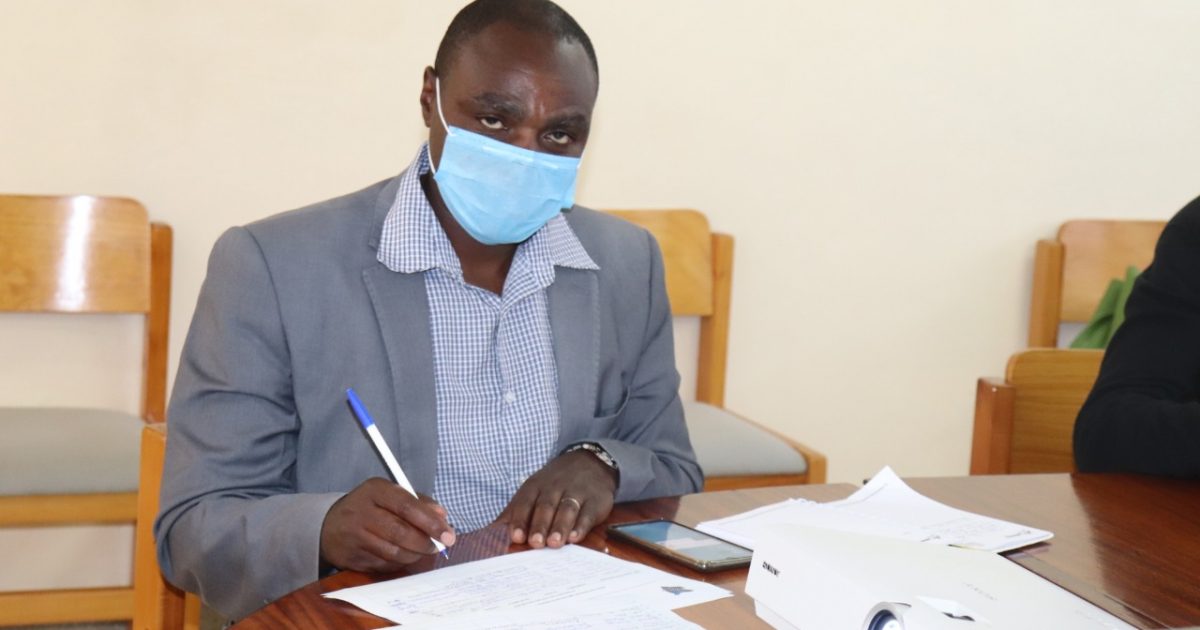Families have been urged to embrace alternative based care for vulnerable and at-risk children, instead of taking them to Charitable Children Institutions.
Speaking during a stakeholders meeting, held at St Martins hall in Nyahururu town, Laikipia West Sub-county Children officer, Peter Mwangi said that children in family and foster care had expressed more positive affection than those in Children Homes.
“Early placement in alternative family based care is an effective intervention in reducing the effects of early neglect in children,” said Mwangi.
Nyahururu Children Officer, Gladys Lang’at said that the government is implementing a programme dubbed “deinstitutionalisation” which is meant to ensure only few children are brought up at children’s homes.
“Deinstitutionalisation is the process of transforming the care of vulnerable children from institutions to alternative family based care.
“The move is also referred to as “transforming care” and it encompasses redirecting resources to support family and community based solutions,” said Ms Lang’at.
In October 2017, the government of Kenya gave a directive stopping the registration of more charitable children institutions and embarked on regulating the already existing.
Since then, the government has been laying down the framework, redirecting resources and developing partnerships towards a more effective and empirically care model.
The country is transitioning to alternative family based care options, including foster care, kinship care, Islamic Kafaalah among other methods.
Experts have termed transforming care as a great contributor to a child’s resilience and providing quality care and nurturing environments that will enable children thrive and fulfill their potential.
According to statistics, Kenya has 45,000 children resident in more than 854 Charitable Children Institutions (CCIs).
As of 2017, an additional 1,500 children were sheltered in statutory institutions after committal by the juvenile justice system.
By Anthony Mwangi





